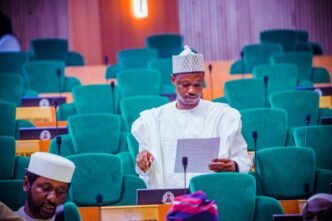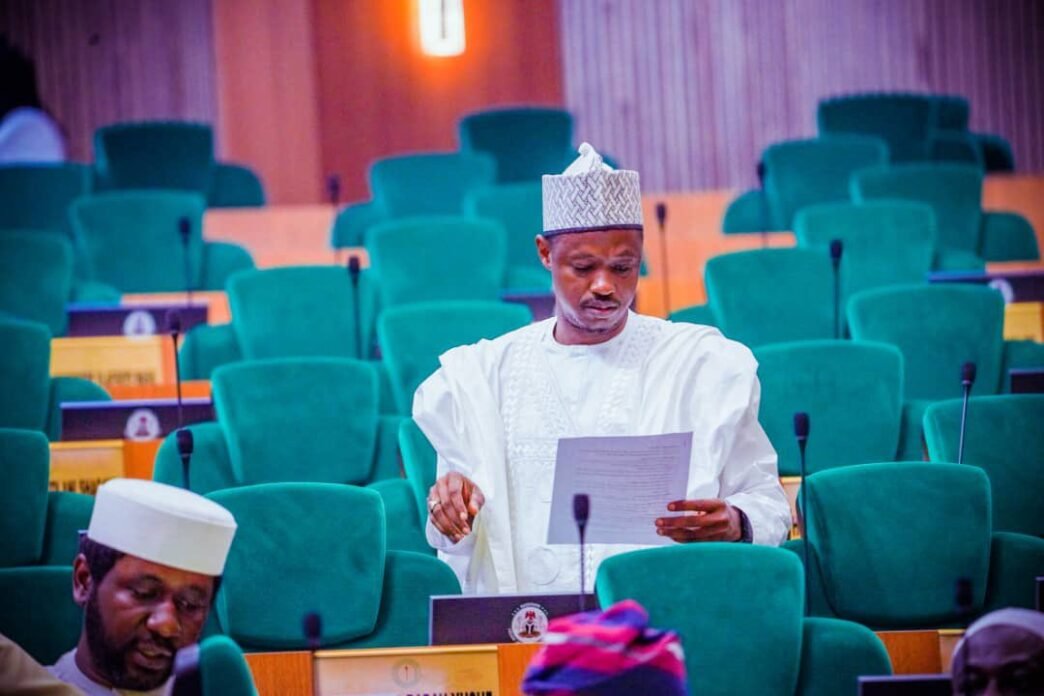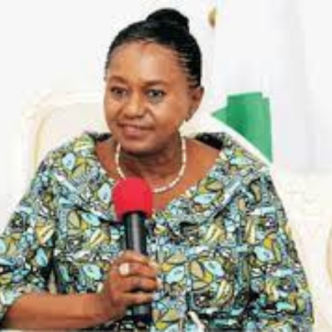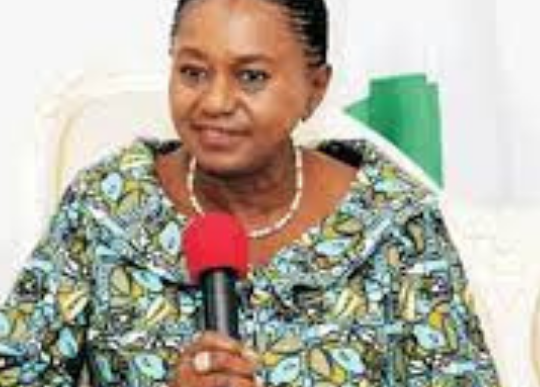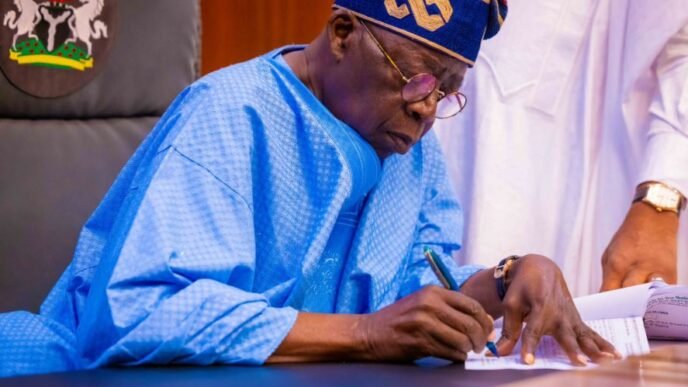The House of Representatives Committee on Community and Social Development Agency/NG-CARES has launched a probe into the execution of the Federal Government’s $696 million (₦1.06 trillion) Nigeria Community Action for Resilience and Economic Stimulus (NG-CARES) programme.
Committee Chairman, Hon. Abubakar Kusada, announced the investigation during a press briefing in Abuja on Wednesday, following a committee meeting. He explained that the inquiry became necessary amid widespread complaints that the benefits of the palliatives and social safety nets were not reaching the intended vulnerable groups, despite the government’s full release of funds, issuance of guidelines, and provision of operational frameworks for the programme’s implementation.
According to Kusada, the NG-CARES initiative has disbursed $696 million—equivalent to ₦1.06 trillion—across the 36 states and the Federal Capital Territory through designated delivery platforms. However, he expressed concern that the programme’s impact remains largely invisible at the grassroots level.
There is still a loud cry of government neglect of the plight of Nigerians enduring the brunt of economic reforms,” Kusada said.
He further disclosed that, invoking its constitutional powers under Sections 88 and 89, the committee has resolved to carry out a comprehensive investigation into the programme. The aim is to determine why the expected relief is not being felt, as well as to scrutinise the utilisation and propriety of the funds allocated for social welfare.
Since its inauguration in May 2025, the Committee on Community and Social Development Agency/NG-CARES has been primarily charged with evaluating, recommending, and periodically reviewing policies and programmes tailored to the socio-economic elevation of rural and peri-urban populations, demographics that constitute nearly half of the nation’s populace.
The Committee’s mandate however, extends beyond mere legislative support to encompass robust oversight of agencies like the Community and Social Development Agency (CSDA) and the NG-CARES initiative, both of which have been instrumental in delivering localised infrastructural, educational, and livelihood interventions.
To date, CSDA interventions have impacted more than 23 million Nigerians across 29 states, while NG-CARES, supported by the World Bank, has already reached over two million Nigerians with livelihood grants, social transfers, and basic services, a feat that illustrates the efficacy of decentralised interventions in cushioning systemic shocks.
